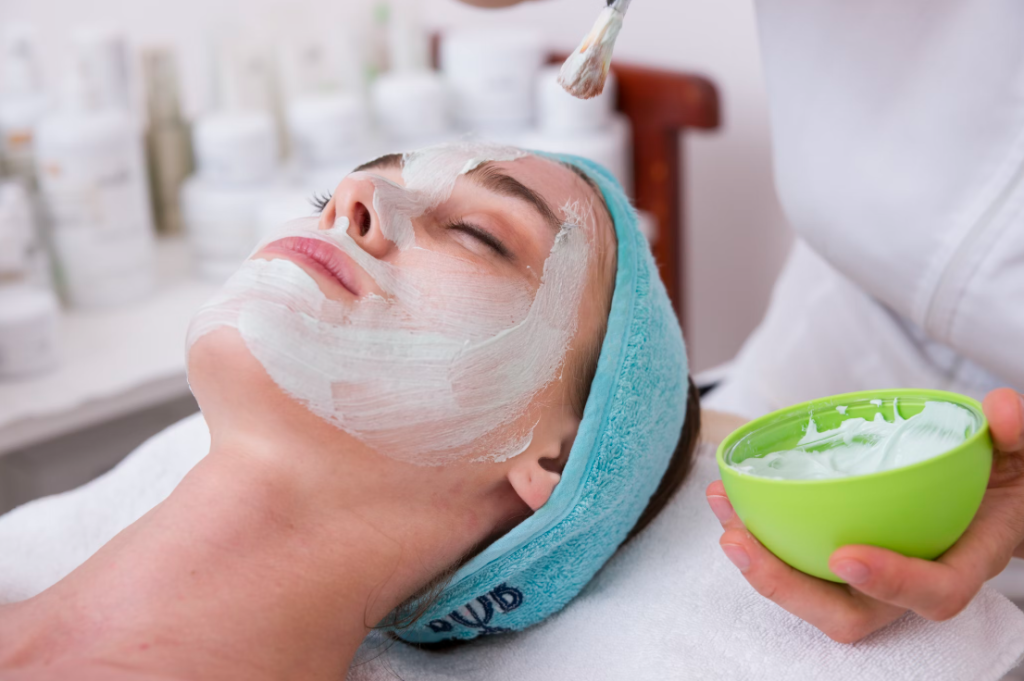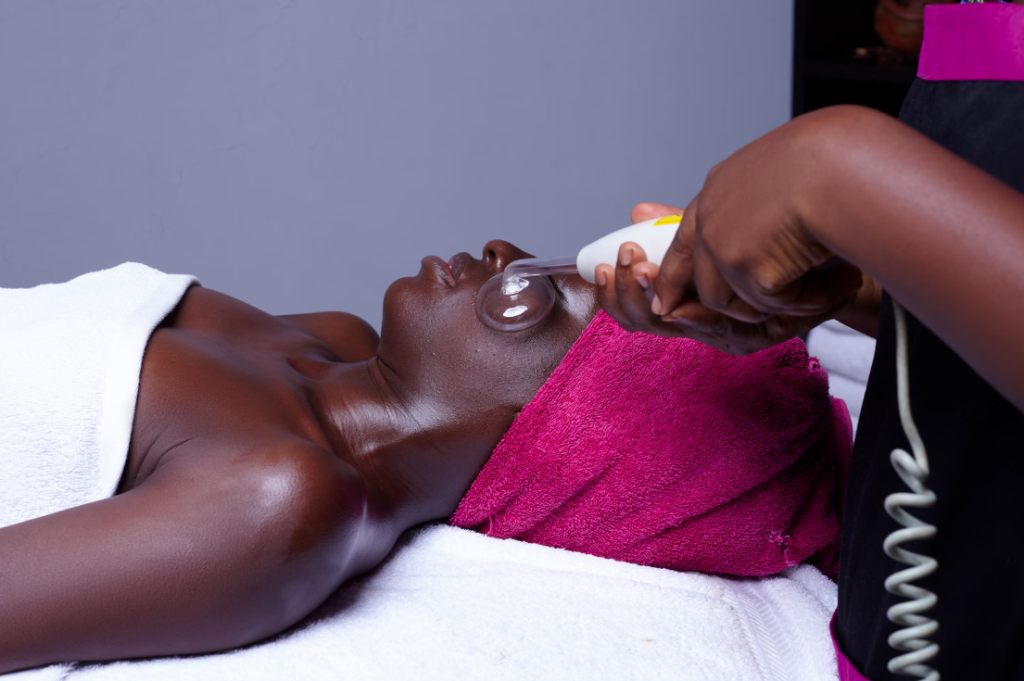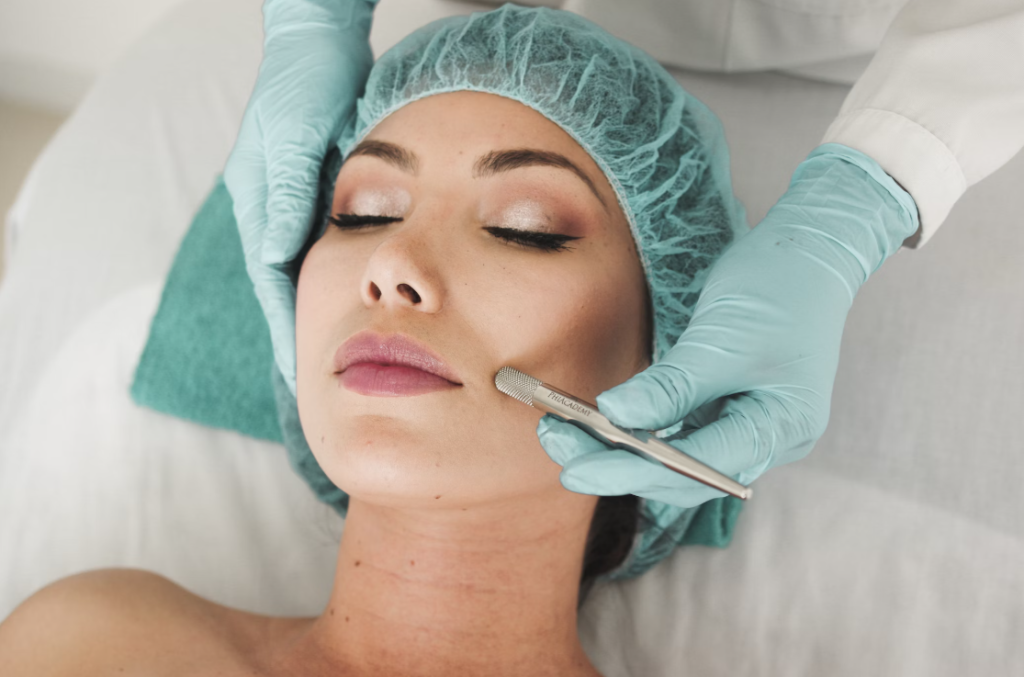Skincare Clinics Reviewed: Do They Really Transform Your Skin?
Introduction
Ever stared in the mirror and thought, “Is this really the best my skin can look?” You’re not alone. With countless skincare products lining shelves and Instagram ads promising flawless results, skincare clinics have carved out a niche by offering the “next level” in skin transformation. But here’s the burning question: Do they really work, or is it all just clever marketing?
Let’s dive into the world of skincare clinics and find out if they’re the real deal or just another beauty industry buzz.
What Are Skincare Clinics?
Services Typically Offered
Skincare clinics are professional establishments that offer advanced treatments for skin concerns ranging from acne to aging. Unlike a typical facial at a spa, these services often involve medically approved procedures like laser resurfacing, chemical peels, microneedling, and more.
Who Are They For?
They’re ideal for people battling persistent skin issues that just won’t budge with over-the-counter products—think cystic acne, deep wrinkles, pigmentation, or scars. But really, anyone seeking healthier, brighter, and more youthful skin might consider visiting one.

The Promise: Skin Transformation
Marketing vs. Reality
Let’s be honest—skincare clinics can sound like magic. “Erase 10 years in one session!” or “Say goodbye to acne forever!” But not all promises are grounded in reality. Understanding what’s hype and what’s backed by science is crucial before investing your time and money.
Claims of Skincare Clinics
These clinics often promise glowing skin, tighter pores, reduced wrinkles, and more. Some back their claims with before-and-after photos, while others may rely heavily on glowing testimonials. It’s important to dig deeper and understand the methodology behind their claims.

Science Behind Clinical Skincare Treatments
How Professional Treatments Work
Most treatments offered in clinics go deeper than your average skincare product. For instance, lasers can reach the dermis to stimulate collagen production, and chemical peels remove multiple layers of dead skin to reveal fresh, new skin beneath.
Comparing with Over-the-Counter Products
OTC products often stay at the surface. They’re great for maintenance, but for serious transformation, clinical treatments offer a potency that drugstore options simply can’t match.
Common Treatments Reviewed
Chemical Peels
Chemical peels use a blend of acids to exfoliate and rejuvenate the skin.
Benefits and Downsides
They can significantly improve skin texture and clarity, but may cause redness and peeling, requiring downtime. Results vary based on skin type and the peel’s strength.
Laser Therapy
Lasers can target pigmentation, acne scars, and even vascular issues.
Is It Really Effective?
Yes—if done right. The results can be stunning, but they typically require multiple sessions and aren’t suitable for all skin tones.
Microneedling
This involves tiny needles that create micro-injuries in the skin, prompting healing and collagen production.
What to Expect
Expect some redness and a sensation similar to sunburn for a day or two. Over time, skin looks firmer and smoother. It’s especially good for scars and fine lines.

Real People, Real Results
Case Studies and Testimonials
Many clients report significant improvements after a series of treatments. A 35-year-old with adult acne might see clearer skin after a few chemical peels, while a 50-year-old could experience a reduction in fine lines with laser therapy.
Factors Influencing Results
Skin type, consistency of treatments, lifestyle habits, and even genetics play a huge role in outcomes. There’s no one-size-fits-all solution.
Costs vs. Benefits
Are These Treatments Worth the Money?
Costs vary widely—from $100 for a light peel to thousands for full laser resurfacing. While pricey, the results often justify the expense for those with stubborn skin issues. Think of it as an investment rather than a splurge.
Choosing the Right Clinic
Credentials and Certifications
Always go for a clinic that employs licensed dermatologists or certified aestheticians. Don’t be swayed by fancy decor or flashy Instagram pages alone.
Questions You Should Ask
- What are your credentials?
- What’s the downtime?
- Can I see before-and-after photos?
- What’s the success rate for my skin type?

Risks and Red Flags
When to Be Skeptical
If a clinic promises instant results with no risk, it’s time to walk away. Ethical clinics will always explain potential side effects and set realistic expectations.
Potential Side Effects
These can include irritation, pigmentation changes, or even scarring if treatments are done improperly. That’s why experience and certification matter so much.
Home Skincare vs. Professional Treatments
When You Might Not Need a Clinic
If your concerns are mild—occasional breakouts, dry patches—you might benefit more from a consistent at-home routine than from costly procedures.
Combining Both Approaches
The best results often come from blending the two: professional treatments for tough issues, and a strong at-home regimen to maintain the glow.
Conclusion
So, do skincare clinics really transform your skin? The answer is: They can—but it depends. With the right clinic, proper care, and realistic expectations, the transformation is not just possible—it’s probable. But it’s not magic. It’s science, skill, and smart skincare choices coming together.
FAQs
1. Are skincare clinics safe for sensitive skin?
Yes, but make sure you consult with a certified professional who tailors treatments to your skin type.
2. How soon can I see results from a skincare clinic?
Some people see improvements in days, others in weeks or months. It depends on the treatment and your skin condition.
3. Are the results permanent?
Not always. Maintenance treatments are often needed, especially for issues like aging or pigmentation.
4. Can I do these treatments at home?
Some “at-home versions” exist, but they’re often weaker and carry risks if not used properly.
5. How do I know if a clinic is trustworthy?
Check for credentials, read reviews, and don’t hesitate to ask questions. A good clinic will always welcome transparency.










Post Comment